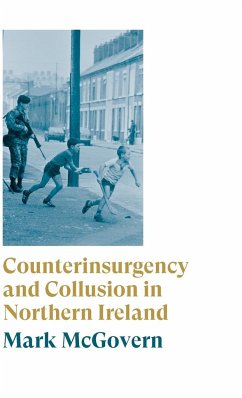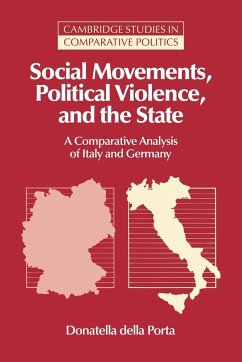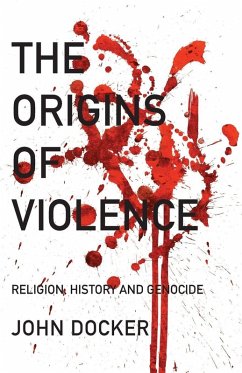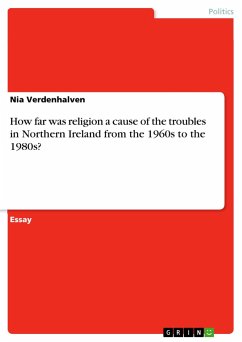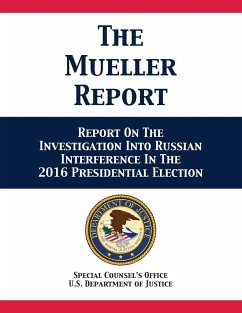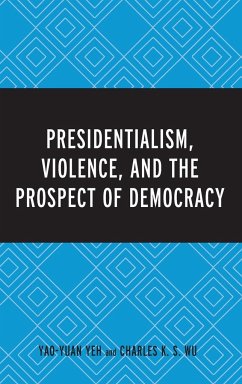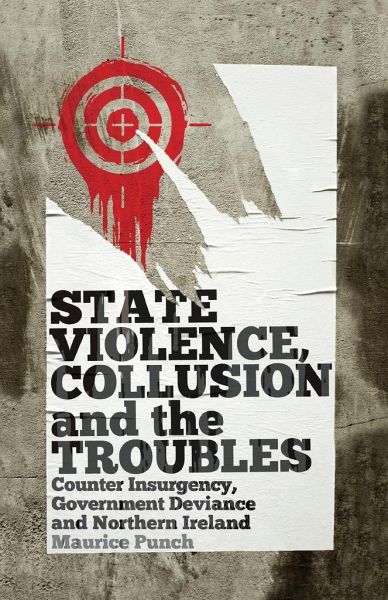
State Violence, Collusion and the Troubles
Counter Insurgency, Government Deviance and Northern Ireland

PAYBACK Punkte
20 °P sammeln!
The period in Northern Ireland known as 'the Troubles' (1968-98) seemed to have been conclusively ended by the official peace process. But recent violence from dissident Republicans shows that tensions from the past remain unresolved. State Violence, Collusion and the Troubles reveals disturbing unanswered questions about the use of state violence during this period. Maurice Punch documents in chilling detail how the British government turned to desperate, illegal measures in a time of crisis, disregarding domestic and international law. He broadens out his analysis to consider other cases of ...
The period in Northern Ireland known as 'the Troubles' (1968-98) seemed to have been conclusively ended by the official peace process. But recent violence from dissident Republicans shows that tensions from the past remain unresolved. State Violence, Collusion and the Troubles reveals disturbing unanswered questions about the use of state violence during this period. Maurice Punch documents in chilling detail how the British government turned to desperate, illegal measures in a time of crisis, disregarding domestic and international law. He broadens out his analysis to consider other cases of state violence against 'insurgent groups' in Spain and South Africa. This is the story of how the British state collaborated with violent groups and directly participated in illegal violence. It also raises urgent questions about why states around the world continue to deploy such violence rather than seeking durable political settlements.




